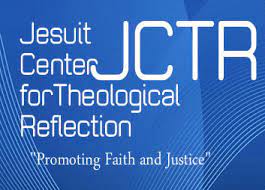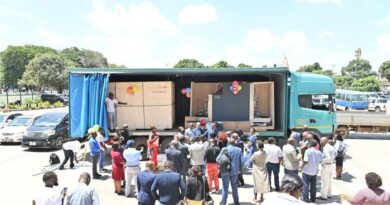Government Struggles to Address Soaring Cost of Living in Zambia
As the cost of living in Zambia continues to rise, the government’s efforts to alleviate immediate pressures on its citizens are facing significant challenges, according to a recent statement by the Jesuit Centre for Theological Reflection (JCTR).
The JCTR’s Basic Needs and Nutrition Basket (BNNB) for the month of October 2023, as measured in Lusaka, reported a significant increase of K148.70 compared to September, with the cost for a family of five now reaching K9,294.76.
The report highlights the rising prices of essential food items, including roller mealie meal, beans, kapenta, and charcoal, while fruits like mangoes, oranges, and apples have seen a decrease in price.
The persistent issue of the cost of living in Zambia remains a pressing concern for citizens, with access to basic necessities such as mealie meal continuing to be a challenge.
The primary driver of this increasing cost of living is the depreciation of the Zambian kwacha, leading to high inflation rates. In October 2023, Zambia witnessed an annual inflation rate of 12.6%, the highest since March 2022.
In response to these challenges, it has been noted in a statement that the government has taken steps to address the immediate concerns, including initiatives such as offering relief to households through the Zambia National Service (ZNS), which provides relatively cheaper mealie meal.
The government also plans to distribute maize grain directly to communities through the reserve agency, aiming to mitigate the impact of the rising cost of mealie meal. These short-term measures are intended to provide immediate relief to households.
However, concerns persist regarding the sustainability of the government’s maize supply. The JCTR recommends a long-term approach that focuses on enhancing maize production to ensure consistent grain stocks available at an affordable price.
This strategy aims to create enduring solutions to the cost of living challenge in Zambia.
The JCTR’s statement also emphasizes the importance of addressing external factors affecting commodity prices, especially fuel, which has a significant impact on the cost of living.
The organization suggests that the government, in collaboration with cooperating partners, should enhance social protection initiatives and take immediate action to address high fuel prices.
In light of these hurdles, the JCTR calls for a comprehensive and adaptable strategy to safeguard the well-being of the population and establish lasting solutions to the high cost of living in Zambia.
JCTR propose the distribution of maize grain, enhancing social protection initiatives, and addressing high fuel prices as key steps toward achieving economic stability and ensuring affordable access to staple foods.



